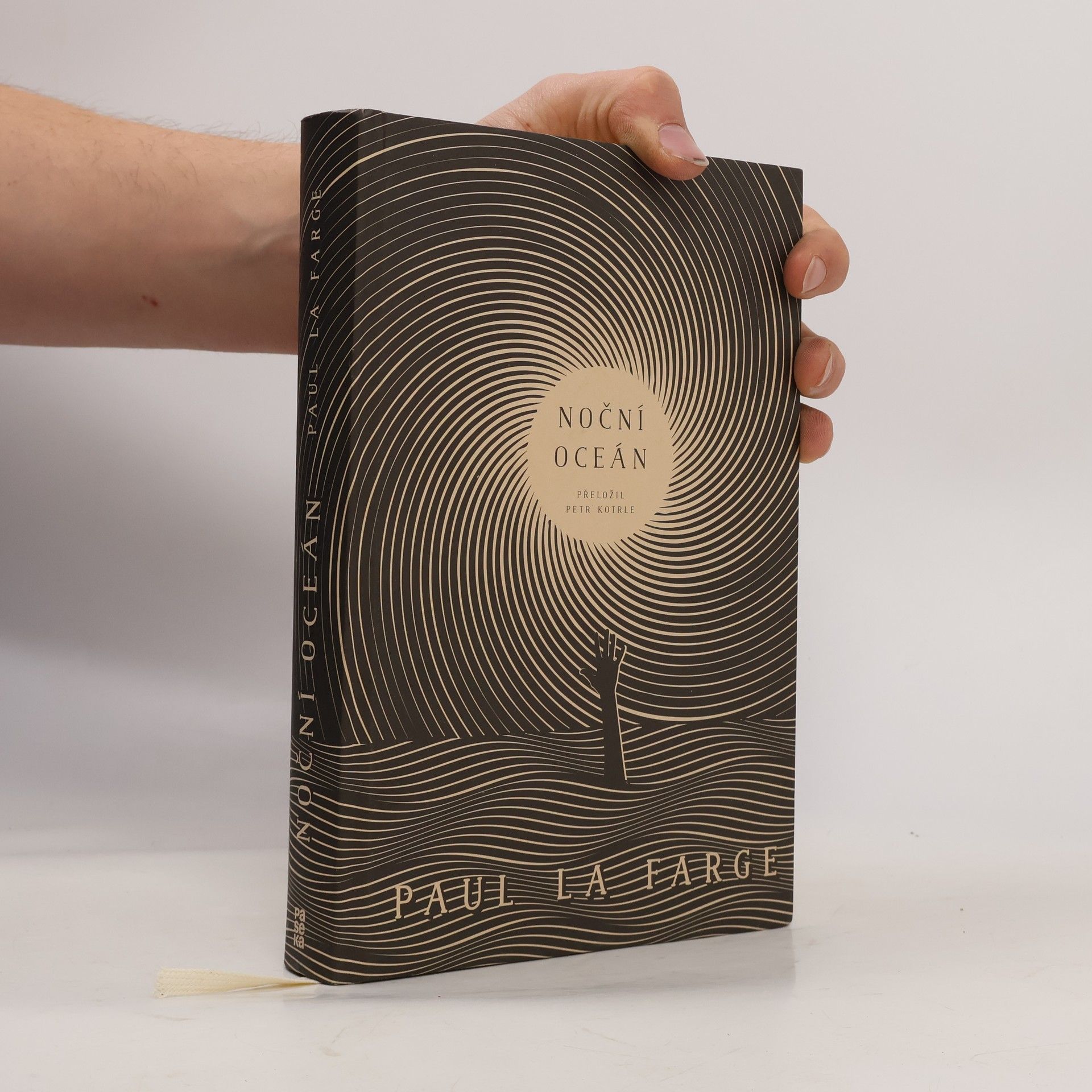Doktorka Marina Willetová to vůbec nemá lehké, její manžel Charlie si totiž vypěstoval závislost na autorovi hororů H. P. Lovecraftovi. Zejména je fascinován událostmi z léta roku 1934, kdy samotářský spisovatel strávil dva měsíce se svým mladým fanouškem Robertem Barlowem. Co ty dva spojovalo a co k sobě cítili? Když už si Charlie myslí, že hádanku vyřešil, vypukne skandál a on zmizí. Policie to označí za sebevraždu, ale Marina této verzi nevěří. Ve snaze zjistit pravdu se vydává po manželových stopách, které ji zavedou nejen k Futuriánům, skupině mladých autorů science fiction, ale i k Williamu S. Burroughsovi nebo k takzvanému Erotonomikonu, jenž je považován za intimní deník samotného Lovecrafta. Ať už patříte k vyznavačům díla mistra hrůzy z Providence, nebo se setkáváte s Lovecraftovým jménem poprvé, téhle románové pokloně psychiatrii a pulp fiction podlehnete dřív, než řeknete Cthulhu.
Paul LaFarge Knihy
17. listopad 1970 – 18. leden 2023
Paul La Farge je autorem čtyř románů a jedné knihy fiktivních snů. Jeho díla se často zabývají zkoumáním identity a hranic mezi realitou a fikcí. La Fargeho styl je známý svou vynalézavostí a schopností vtáhnout čtenáře do složitých a neobvyklých světů. Jeho psaní podněcuje k zamyšlení a nabízí jedinečný pohled na lidskou zkušenost.
